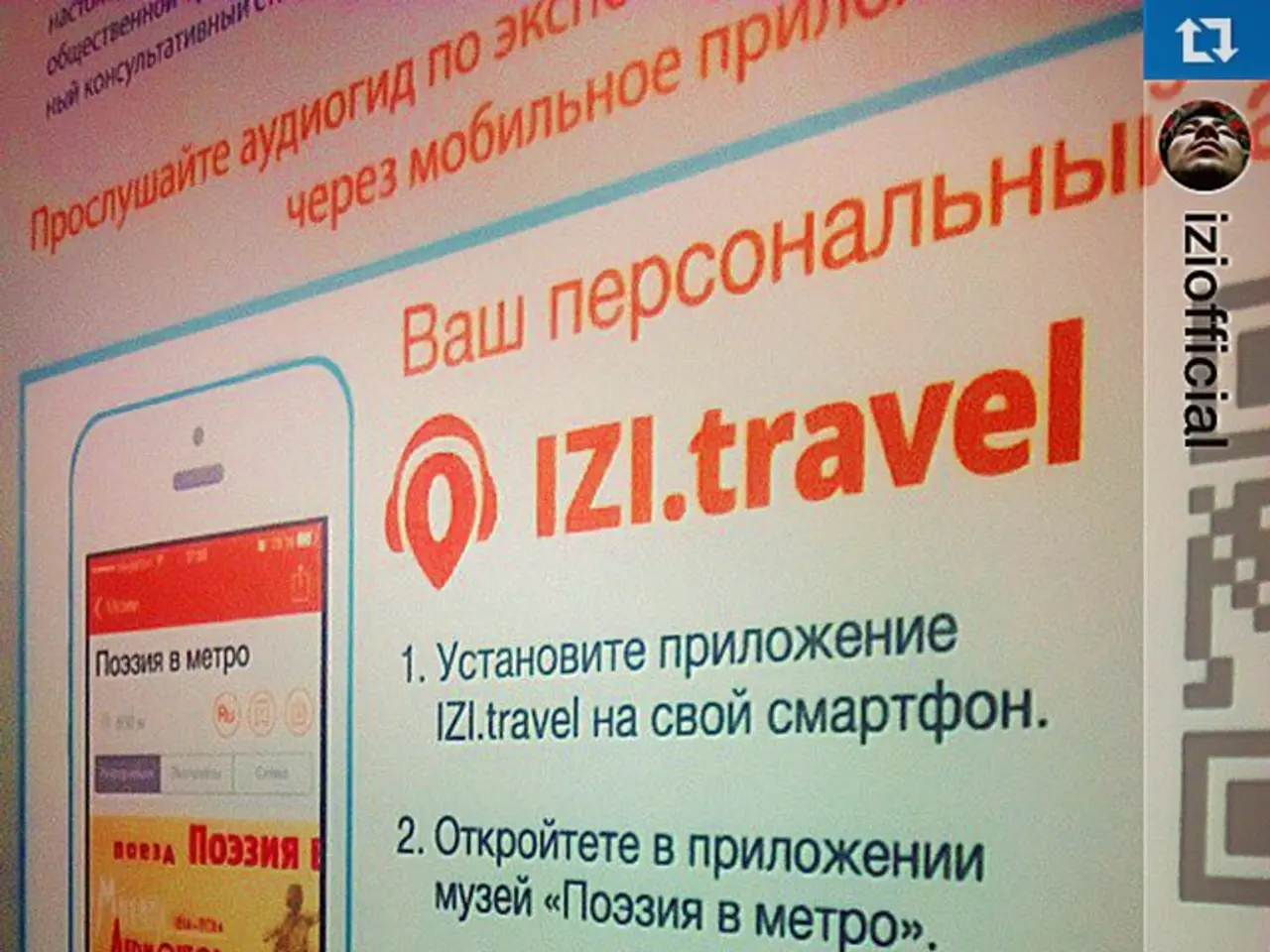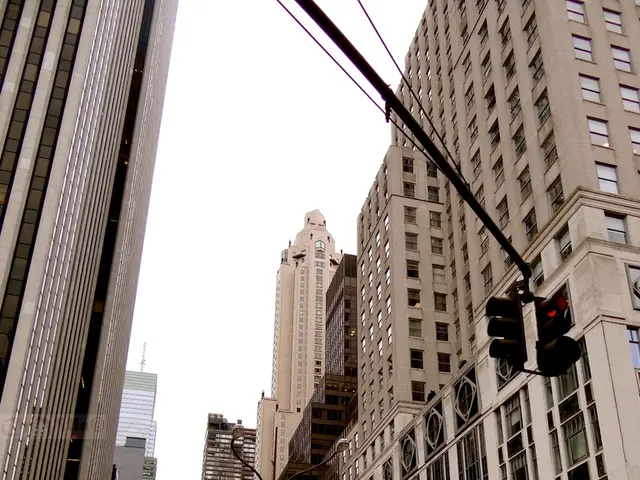Scams in Cannes, persistent issues, and enduring transformation
In the world of advertising, the Cannes Lions Festival is a prestigious event that recognises the best creative work in the industry. However, this year's festival has been marred by a scandal involving a Brazilian agency, DM9, which won the Grand Prix for its "Efficient Way to Pay" campaign but was later found to have used AI and manipulated content to overstate the campaign's effectiveness.
The scandal has highlighted the implications of Brazil's unique legal framework, which requires agencies to handle both creative production and media buying. This integrated approach, while a significant advantage in a complex media ecosystem, can lead to concentration of responsibilities and potential conflicts of interest.
The controversy has led Cannes Lions organisers to impose stricter rules for transparency and factual representation, including dual-layer fact-checking by AI and humans, mandatory senior executive approvals, and harsher penalties for submitting false or misleading work.
For DM9, the scandal has resulted in the retracting of three entries and the resignation of its chief creative officer. The agency's client, Whirlpool, has also had to manage public relations fallout.
The scandal has also raised questions about the integrity of some of the awards, and similar allegations have emerged involving another Brazilian agency, Africa Creative.
The practice of using Brazilian offices to create case studies for global campaigns may change as a result of the scandal. Smart media thinking is now a common element in winning case studies across all categories except those dedicated to craft, according to Nick Palmer, the global head of creative transformation at EssenceMediacom.
Despite the allegations and promises of change, there is a lack of optimism for lasting change in the industry. Some agencies are reported to have enlisted their Brazilian offices to make case studies for campaigns from all over the world due to their expertise, creating a systemic issue about transparency when agencies control multiple stages of campaign execution.
However, the success of Brazilian agencies at Cannes this year, despite the allegations against DM9 and Africa Creative, can be attributed to their integrated approach to advertising. This approach, according to Palmer, is a significant advantage in a complex media ecosystem where creative ideas depend on channel and platform knowledge.
After the current furore over questionable case studies, normal business may probably resume. However, the backlash against case-study chicanery has been especially strong in 2022, and agencies will need to maintain rigorous ethical standards to succeed at Cannes in the future.
[1] Source: Adweek, "DM9's Cannes-Winning Campaign Used AI-Altered Footage from CNN Brasil and Fabricated Elements in Case Study" [2] Source: The Drum, "Cannes Lions Introduces New Award Integrity Standards After DM9 Controversy" [3] Source: Ad Age, "DM9's Grand Prix Win at Cannes Lions Withdrawn Over Manipulated Case Study" [4] Source: Campaign US, "Brazil's DM9 Scandal Highlights Systemic Issues in the Ad Industry"
- The scandal involving DM9's Grand Prix win at the Cannes Lions Festival has underscored the importance of transparency and ethical standards in advertising, as the agency used AI and manipulated content to overstate the effectiveness of its "Efficient Way to Pay" campaign.
- In response to the controversy, Cannes Lions organisers have implemented stricter rules for transparency and factual representation, such as dual-layer fact-checking by AI and humans, mandatory senior executive approvals, and harsher penalties for submitting false or misleading work.
- Despite the backlash against case-study chicanery, the success of Brazilian agencies at Cannes this year can be attributed to their integrated approach to advertising, which provides a significant advantage in a complex media ecosystem where creative ideas depend on channel and platform knowledge.




